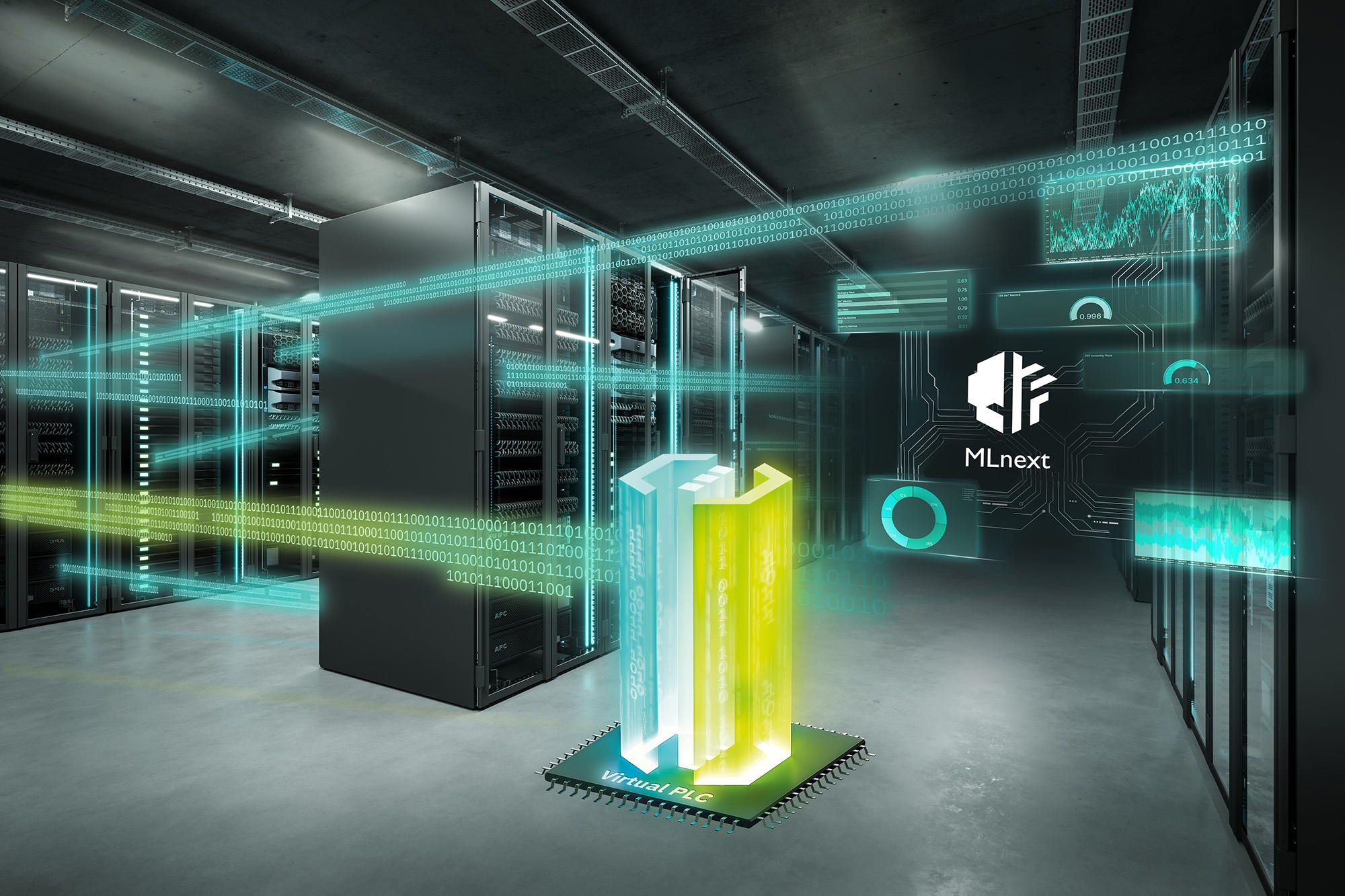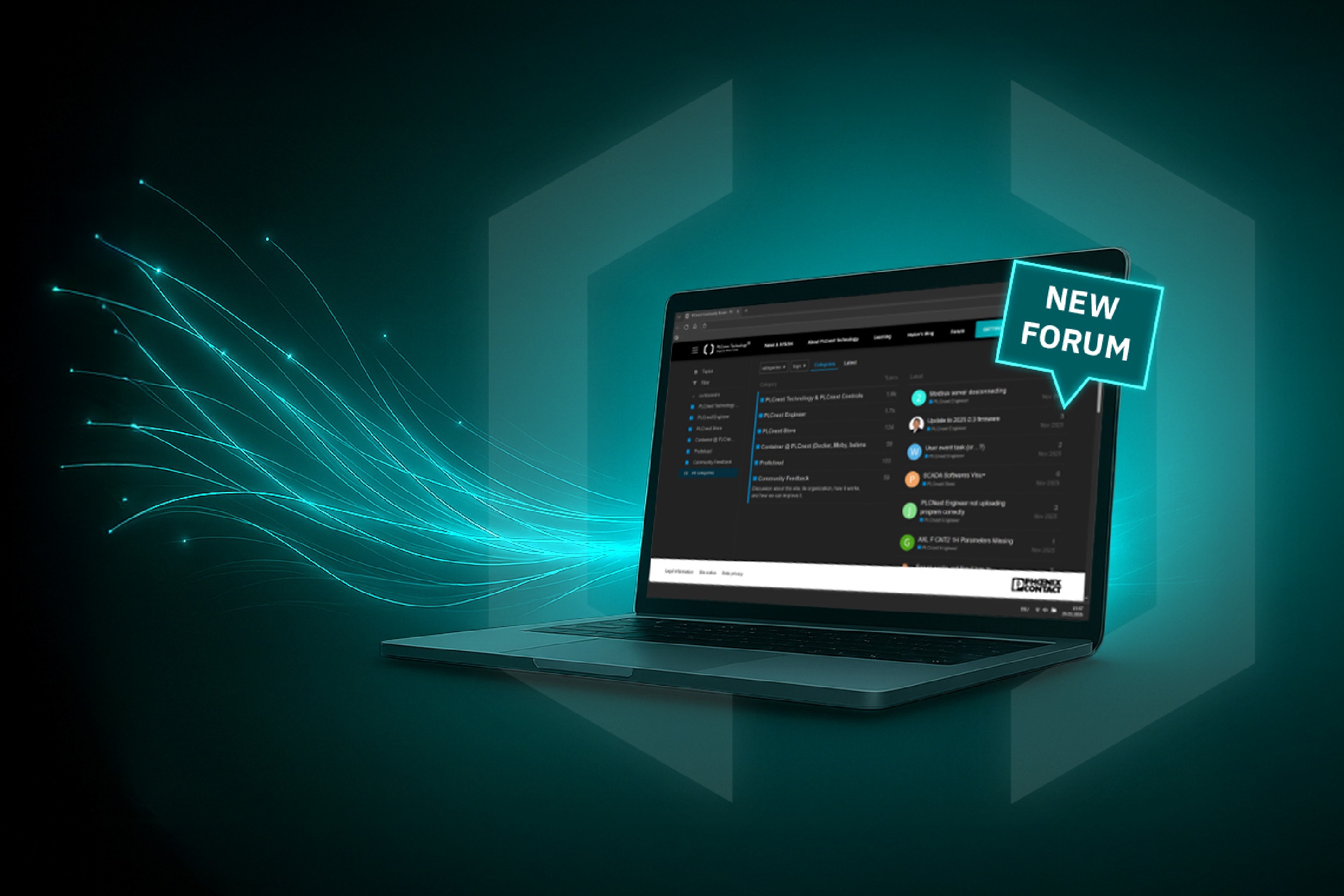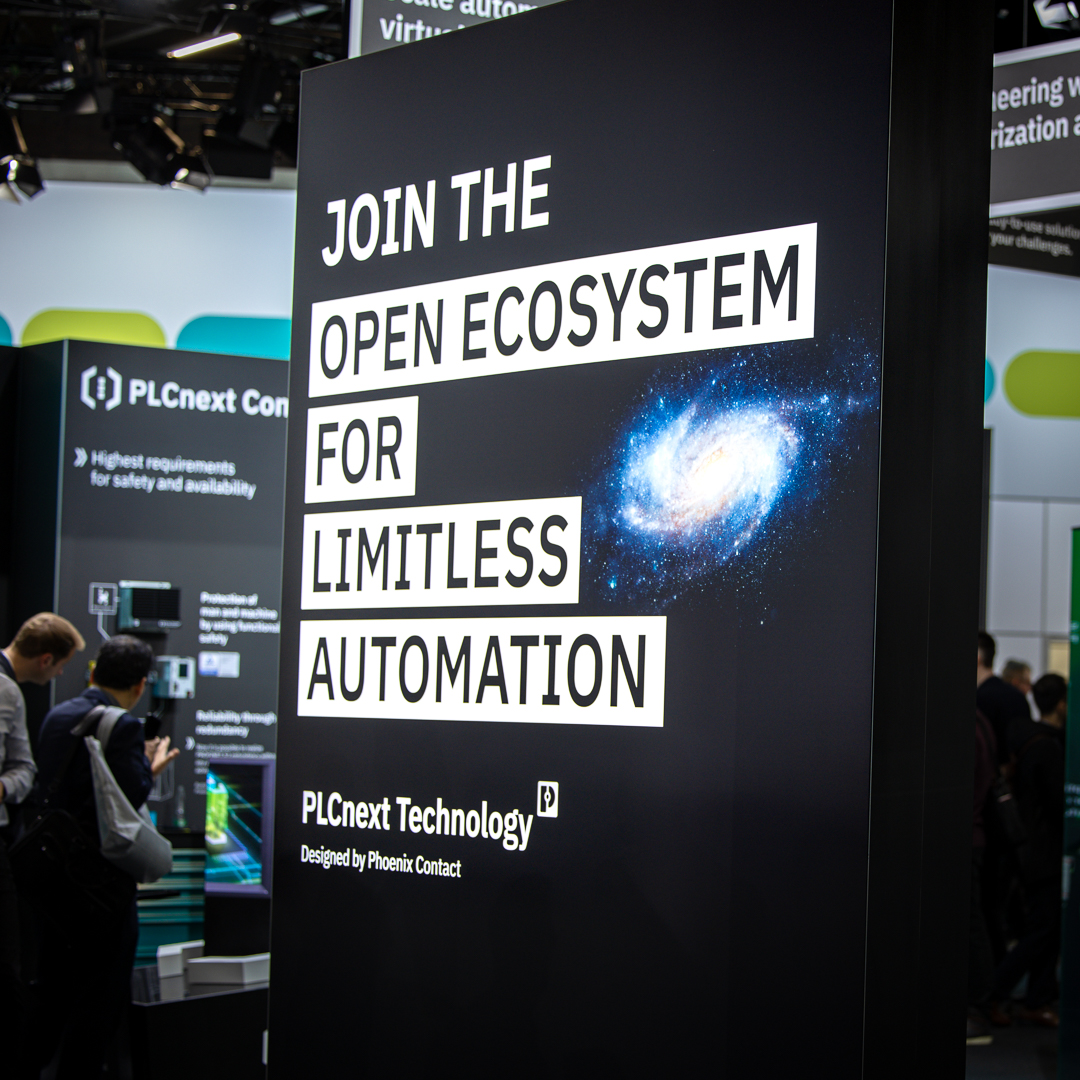This is my archive
Alternative creation of an app container on a Linux desktop PC In some cases the command plcnextapp cannot be used for generating the app container, e.g. because this creation step should be integrated into a build process which cannot access a PLCnext Control. In this case the SquashFS of the app… Read More
PLCnext Technology Software Development Kit Phoenix Contact recommends developing libraries and executable binaries for the different app parts on a separate PC, and not directly on the controller. For the development on a separate PC you need a tool chain consisting of an SDK and a cross compiler. One possible tool chain can… Read More
License check General information In case of a chargeable app, a license check should be integrated into the app. The license check verifies the presence of a license on the device or on a LIC SD card located in the device. The license must first be… Read More
Folders and PLCnext Technology environment variables The following table lists environment variables on the controller, representing directories that are required for app administration. The values of these environment variables are set to the defaults shown below, using information in the file /etc/plcnext/Device.acf.settings. These default values do not need to be… Read More
PLCnext Technology Extensions Extensions of the runtime can be integrated into a system in the form of an app. With a PLCnext Technology Extension, the runtime can be extended by the following elements: A process dependent on the runtime (process) A component (component) A Shared Library (library), which usually… Read More
Linux Daemons The support for the Linux Daemons app part type is discarded and removed from PLCnext Technology firmware from version 2025.0. From version 2025.0, the OCI container app part type is supported in the PLCnext Technology firmware. A (Linux) Daemon can be integrated into a system in the form of an app. Read More
Metadata The app description file must contain a JSON object with the name “plcnextapp”, which describes the properties of the PLCnext Technology App: { “plcnextapp”: { “name”: ““, “identifier”: ““, “version”: ““, “target”: ““, “minfirmware_version”: ““, “manufacturer”: ““, “licensetype”: ““,… Read More
Configuration of the PLCnext Technology Runtime Services If you need access or sometimes exclusive access to PLCnext Technology System Services in your app or a PLCnext Technology System Service is not allowed to be running when your app run, you can state this in the “plcnextservices” field of the app_info.json. This is often not… Read More
File and data storage The files of an app container are unpacked into a read only filesystem mounted via SquashFS, so that the apps cannot save/store data/files in their installation directory at runtime. The app description can be used to specify whether a persistent and/or… Read More
Shared Libraries The support for the Shared Libraries app part type is discarded and removed from PLCnext Technology firmware from version 2025.0. It can happen that an exe file integrated in the app container, such as a Command Line Tool, brings its own Shared Libraries with it and needs them for its… Read More




